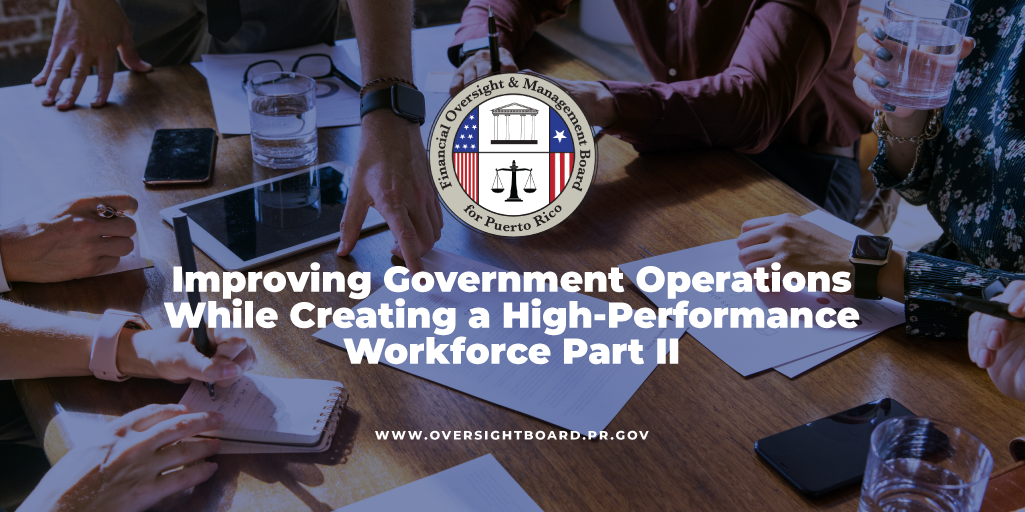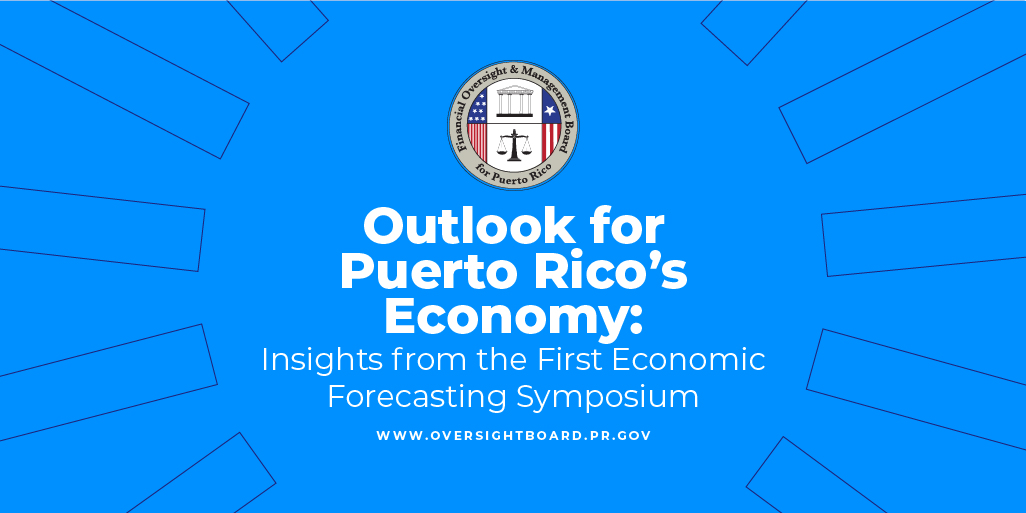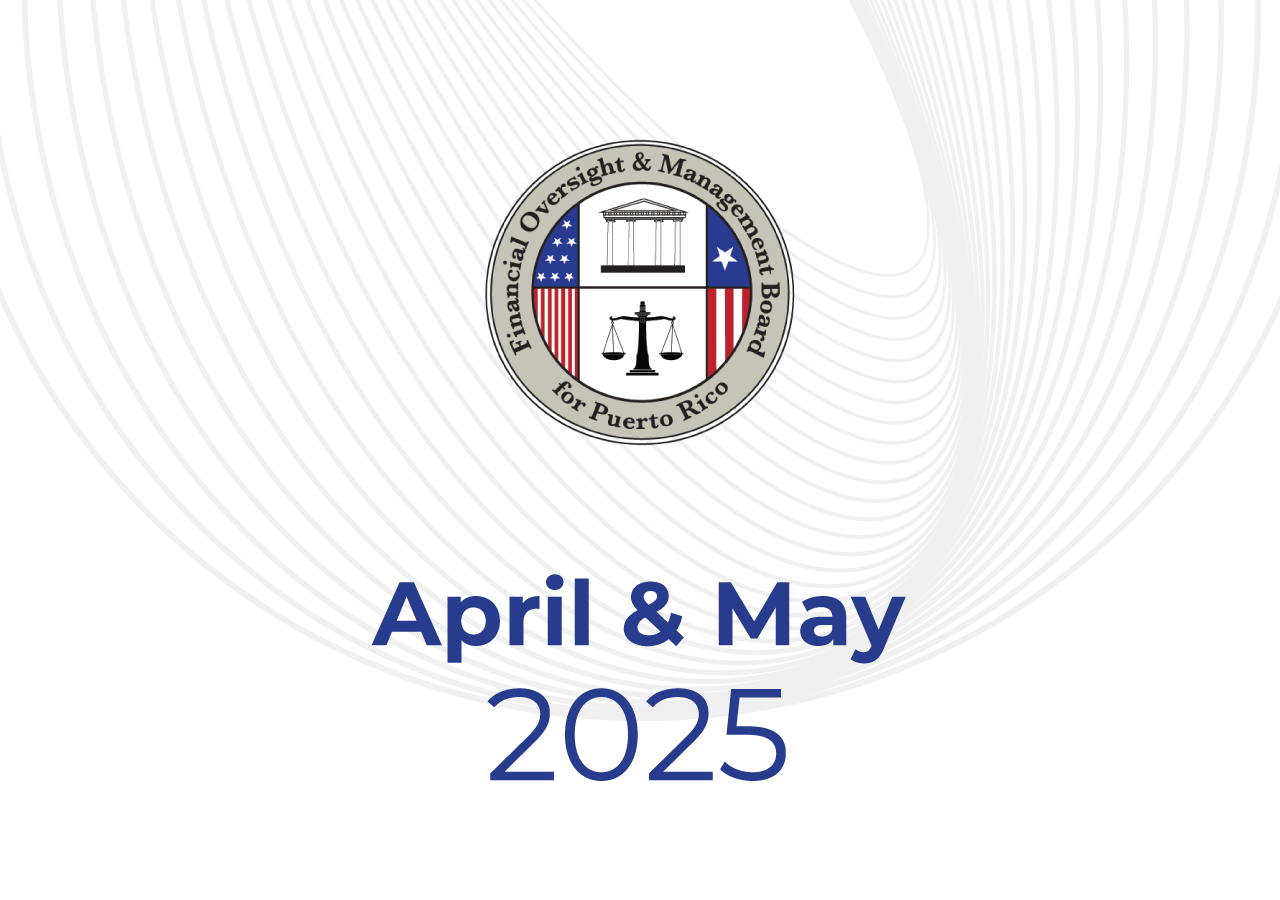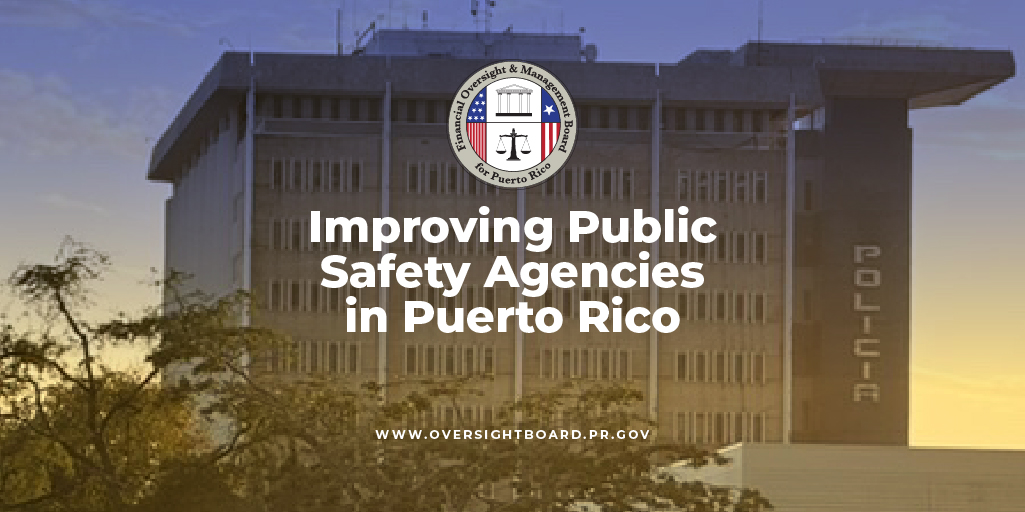Since 2020, 170 students from the University of Puerto Rico’s faculties of Law, Business Administration, Social Sciences and Humanities help reduce the backlog in the Puerto Rico Department of Justice’s Property Registry Office, resolving over 400,000 backlog cases.
Now the Oversight Board approved UPR’s request to allocate an additional $8 million to this successful program, allowing 115 students from the eleven UPR campuses to be recruited. The selected students will work in different modalities, in person or through telecommuting, from October 17, 2022, to June 30, 2023. During the school term, the students will be able to work up to 20 hours per week and in the summer 37.5 hours per week.
At an hourly wage starting at $15, student’s responsibilities include the inscription of property documents, analysis of other official forms, such as the cancellation of mortgage deeds, declaration of heirs, as well as estimating the cost of internal revenue stamps for submitted documents. Students have done an outstanding job, helping the office reduce 40% of the backlog cases.
The UPR certified #FiscalPlan allocates $20 million per year to provide services to the government. The work-study program is one of them. It helps agencies reduce backlog and UPR to diversify revenue, while providing students with an opportunity to earn money and real work experience where they can put their knowledge into practice and cultivate the skills needed for succeeding in their professional life.
Registering properties is critical to the economic development of Puerto Rico since the information it contains provides legal certainty to real estate transactions. However, the work-study program goes well beyond property registration. The Permits Management Office, for example, has hired 180 students since 2021 to assist Planning Analysts of the Sub-program of Use of Land in the evaluation of filed cases and research. UPR students also support the Puerto Rico State Department and the Planning Board.
These #FiscalPlan initiatives have demonstrated that collaboration between UPR and different agencies can improve efficiency and effectiveness across government while providing opportunities to develop a high performing workforce. There is no doubt that these programs help students pick up skills that can directly contribute to their success in life.
UPR reported that, as of June 30, 2022, it has accumulated more than $27 million in unused funds allocated to these programs from fiscal year 2018 to fiscal year 2021. The Oversight Board encourage UPR to continue developing initiatives that enhance students’ experiences in the workforce and provide government agencies with the knowledge and expertise needed to promote economic activity. Certainly, there is no PR without the U.
Improving Government Operations While Creating a High-Performance Workforce Part I





